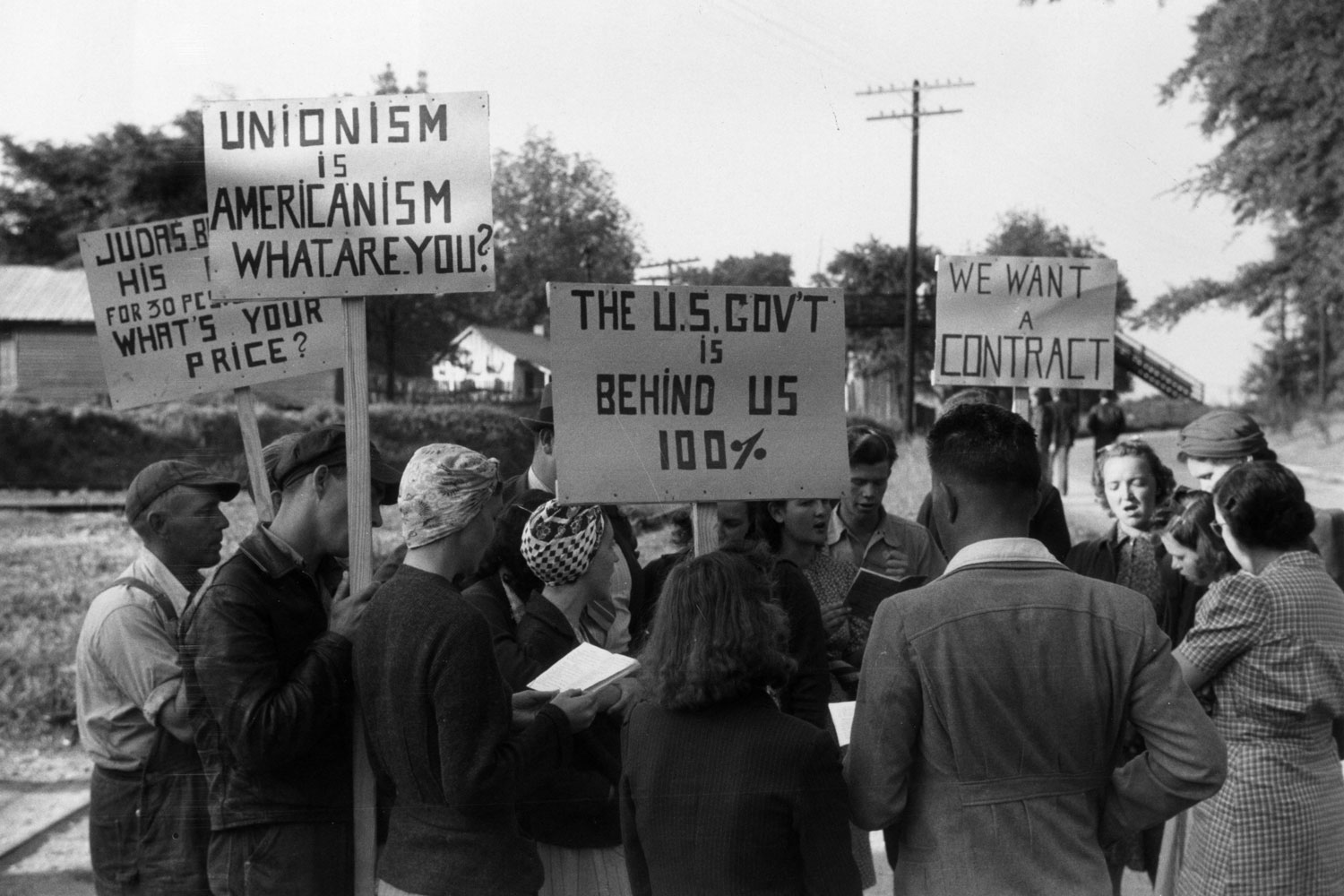Capitalism is not a fixed thing, but rather a process which develops and changes in response to changing conditions, and especially changing technology. To say it is unstable is basically to say that it changes. It is not by its nature stable. The capitalism of the 21st century is very different from that which prevailed at the beginning of the 19th century. It evolves as circumstances change, adapting itself to cope with the new realities that present themselves.
It is certainly subject to periodic crises. The business cycle has long characterized it, with economists divided as to its ultimate causes. Periods of growth are followed by periods of a sluggish or even contracting economy, with some observers suggesting that this is a good thing, helping to weed out underperforming businesses and redirect their capital to newer and more successful ones.
Over and above this cyclical behaviour, there are occasional crises that seem to threaten the whole basis of the capitalist economy. The Great Depression was one such period, and the 2008 recession was another. Critics look for some alternative that lacks these wild and damaging fluctuations. No-one has yet produced a better system. For all its flaws, capitalism is the best way humans have found to generate wealth and to allocate resources. Even including its great crises, it has still produced steady average growth in developed economies for the best part of two centuries. In less developed economies it has recently produced growth and wealth on an unprecedented scale.
Capitalism learns from these crises. It adjusts itself. Governments learn from the mistakes that led to them, and devise new rules to prevent the same happening again. Capitalism develops and adjusts, renewing itself each time.
When the 2008 crisis came, critics prematurely celebrated capitalism's decline and wondered what might follow it. The answer was capitalism, modified to prevent countries repeating the mistakes of the past. It is certainly imperfect. Most institutions made by humans are subject to the frailty and imperfection of humanity. But they can improve by learning from their mistakes and adapting, and this is what capitalism does and why it endures.















